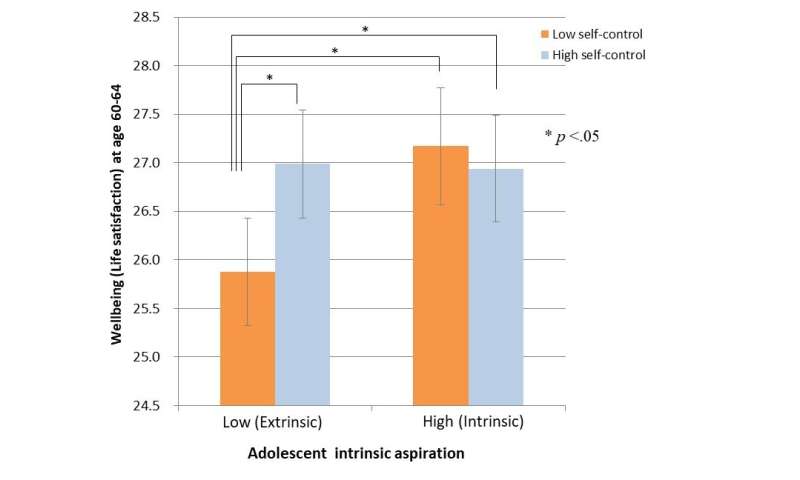Sixty-year old cohort study reveals adolescent value predicts wellbeing in older age

Subjective wellbeing leads to better health, but we did not know what in our younger years determines our wellbeing in old age. Researchers at the Tokyo Metropolitan Institute of Medical Science have demonstrated that adolescents who valued their interests and curiosity had higher wellbeing in old age from a 60-year-old cohort in the UK. We additionally found that adolescents with low self-control who valued money and steady jobs had significantly lower wellbeing in old age.
With the aging of the world’s population, there is a growing interest in elucidating the factors that support wellbeing in old age. Longitudinal life course epidemiological research is required to provide a continuous view from birth to old age and clarify what factors in the early life stages (e.g., adolescence) enhance wellbeing in old age.
Dr. Syudo Yamasaki, Chief Researcher, Atsushi Nishida, Director of the Centre for Social Science and Medicine at Tokyo Metropolitan Institute of Medical Science and their colleagues have conducted joint research with the MRC Unit for Lifelong Health and Aging at University College London to analyze data from a large-scale cohort study that started immediately after World War II. It has continued for more than 60 years across the United Kingdom in order to answer the question of what factors in adolescence contribute to wellbeing in older age.
Source: Read Full Article


